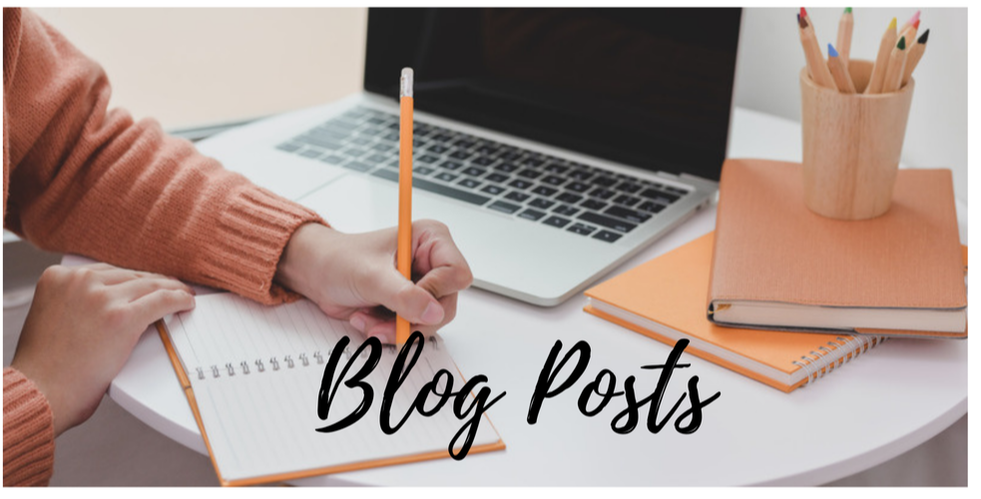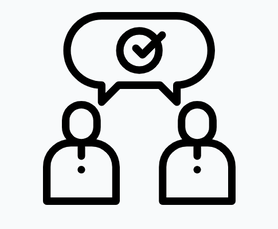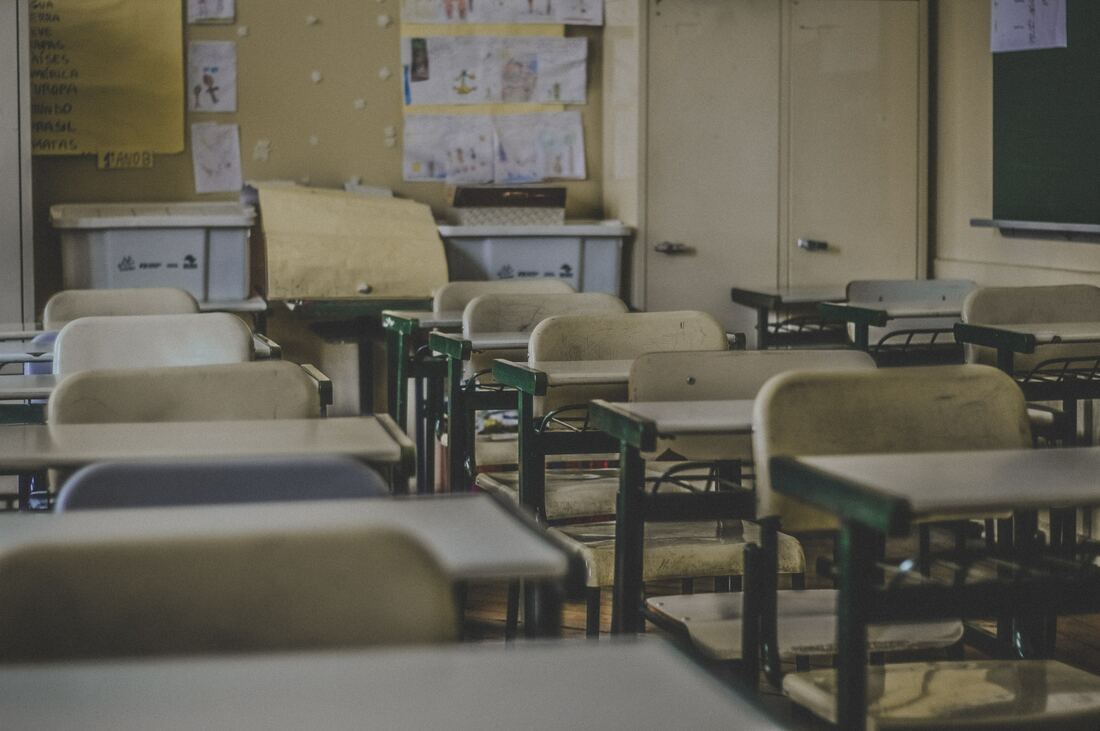|
Just a short post today answering a frequently asked question. Can I see you for just a chat?Yes, absolutely. I am happy to talk about situations occurring at home or school and take a problem-solving approach with ideas about how to make things go better. Sometimes an hour appointment can help parents to clarify things in their minds and they are able to manage the situation on their own from that point onwards. Other times, if the situation is more complex, I can meet for a series of sessions to unpack complex problems and provide support. I’m always mindful of the cost of visiting a psychologist in terms of money but also of people’s time. I encourage people to call or email me as I’m happy to spend 15 minutes discussing a situation free of charge. If I think I can help I’ll suggest an appointment, but it may well be that I can quickly re direct you to the person who can help.
I don’t provide talk therapy such as psychotherapy or on-going counselling. I can provide referrals on to psychologists or therapists who do provide this kind of support if that is what you require. Hopefully this has provided some useful answers but please feel free to ask more questions. You can post questions on my FB page, on the blog page or email me directly.
2 Comments
As someone who has worked in special education for many years classroom observations are a familiar routine for me. I have realised since moving into private practice that it’s a bit of a foreign concept for most parents. I thought I’d write about the process of a classroom observation to de mystify it.
Sometimes it is helpful for me to see a child’s behaviour in the context that it happens. If the leadership team of the school and the class teacher have given their consent for me to observe I can come into a classroom or other school setting to see what is occurring. I usually observe for a maximum of 20-30 minutes although I may book a longer appointment. This gives me time to get settled into the room and to chat with staff if there is an opportunity to do so. I ask teachers to introduce me (if they wish to do so) as someone who is there to observe in the school to see how things work in that class or school. I ask them not to identify me as there to observe a student. Generally, I tuck myself in an out of the way spot in the room and take notes of what I am seeing. Sometimes children ask me what I’m doing so I usually have a general response prepared. My aim is to be as unobtrusive as possible whilst acknowledging that just by being there I’m changing the dynamic of the classroom somewhat. Teachers are used to someone observing in their classrooms as this is often part of professional development. It can be very difficult when the teacher is focused on teaching a lesson to see the very small details of an individual child’s behaviour. Quite often what I can see as an outside observer isn’t possible for even the perfect teacher to see. Usually observations are part of a wider assessment and I will provide a written report including my conclusions about what I’ve observed. The report will also include some recommendations about how to help the student engage better with learning. One or both parents usually accompany children/young people to the appointment. We spend the first 15 minutes chatting and getting to know each other. Sometimes I have follow up questions from the written questionnaires which we can cover at this time. Parents then leave and I will work 1-1 with your child.
Usually we start with a cognitive assessment which will provide information about how your child thinks compared to other children of the same age. If you are booked for a formal assessment you might tell them that once they are comfortable with me, you will leave us alone and that we will be working through a range of different activities together. I often use the word activity rather than test as it can have quite negative overtones. The activities are often very short lasting only a few minutes and are different from the kinds of assessments or activities undertaken in school. Once we complete the cognitive assessment, we take a short break for a snack and a walk around to get some fresh air. My office is based on a school campus which means there is equipment to play on and plenty of space to move around during our break. After this break we usually complete the achievement assessment which will provide information about how your child is learning at school when compared to other children of the same age. These are a series of short activities which while more like school activities or assessments are different than what your child usually encounters. At some point during the appointment I usually try to encourage the child/young person to share with me their thoughts on the situation. I usually bring some simple games with me like tic tac toe which allow us to chat whilst doing an activity. I also have some strengths-based cards which are helpful to encourage discussion. At the end of the assessment session you will pick your child up. They may be tired as the sessions are intense but usually, they can return to school with no difficulty in the afternoon. When will we find out the results of the assessment? I don’t usually provide any feedback about the assessment on the same day as the assessment. This is because I like to take my time and consider what I saw and what the results are telling me. The assessments themselves are quite complex and require more than a superficial calculating of numbers in order to interpret the results. I also like to take my time to write a report that is clear, easy to read and contains useful suggestions for support. This can take me a week to 10 days to complete. As soon as I’ve finished writing the report, I send it out and make the offer to schedule a feedback meeting face to face. What should I bring with us to an assessment? Thinking uses up energy so ensure your child has something to snack on when we take a break. A water bottle is also a good idea. Bring any further information that you think may help me to understand the situation, this could be school reports or reports from other professionals. Over the past year since I began seeing clients privately, I have been asked a range of questions by parents about what to expect on the day that they bring their child to see me. Today I thought I’d start a series of posts covering some of these questions. For the next few weeks I’ll post answers to a range of questions that parents have asked me. As I tailor the experience of each child/young person to their specific needs these are general ideas.
What should I tell my child about seeing a psychologist? My advice is always to be honest but gentle with your child. It is likely they are very aware of any difficulties with learning or behaviour they may have. Make sure to use language that your child understands and is appropriate to their age and developmental stage. Tell them that you are coming to see me so that I can help to find a way to make the situation work for them and for your family. Your child may feel more comfortable if they have a chance before the appointment to know a little about me. You could show them my pictures on my website and checkout the page with information about me on my website, https://www.edpsych.co.nz/about-the-psychologist.html |
AuthorRobyn Stead, Child Psychologist and Educator, lives and works in central Auckland. Archives
March 2022
Categories
All
|




 RSS Feed
RSS Feed
